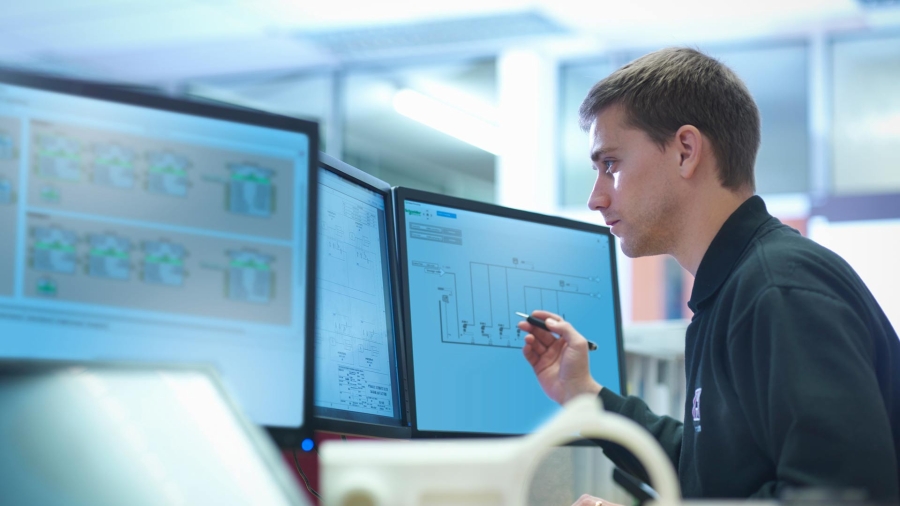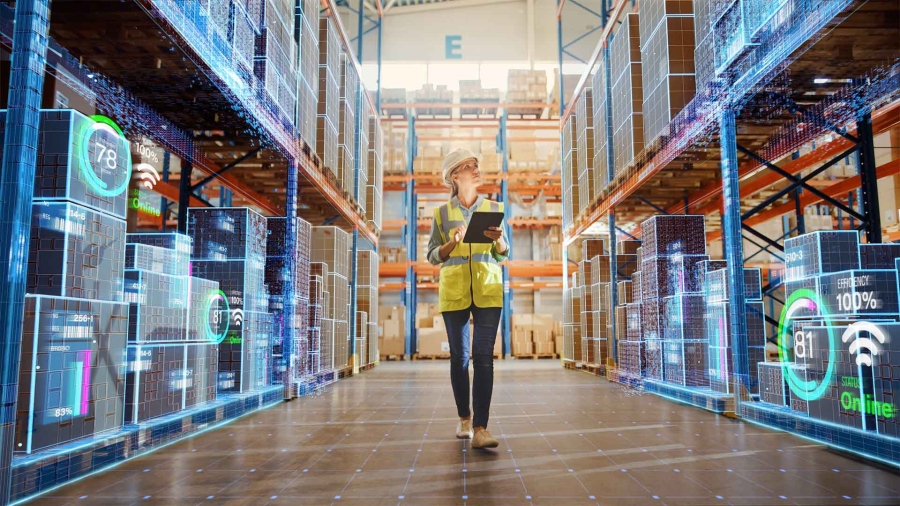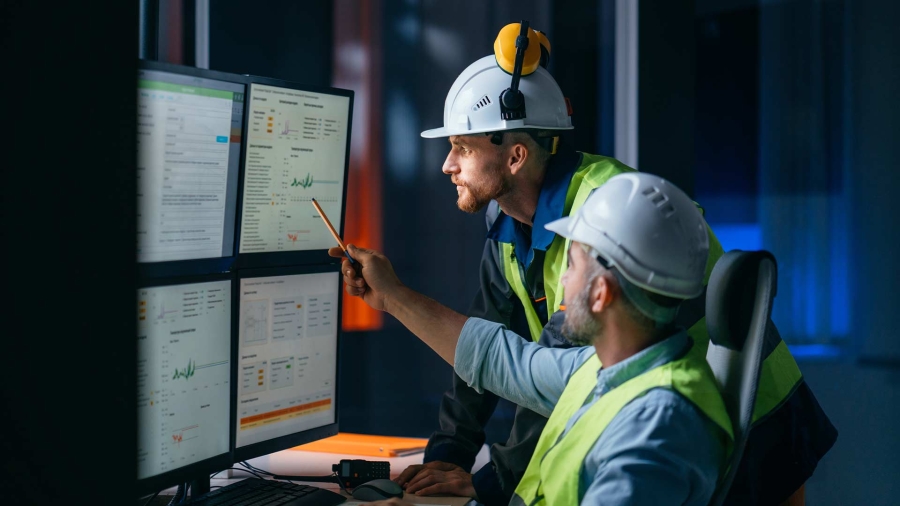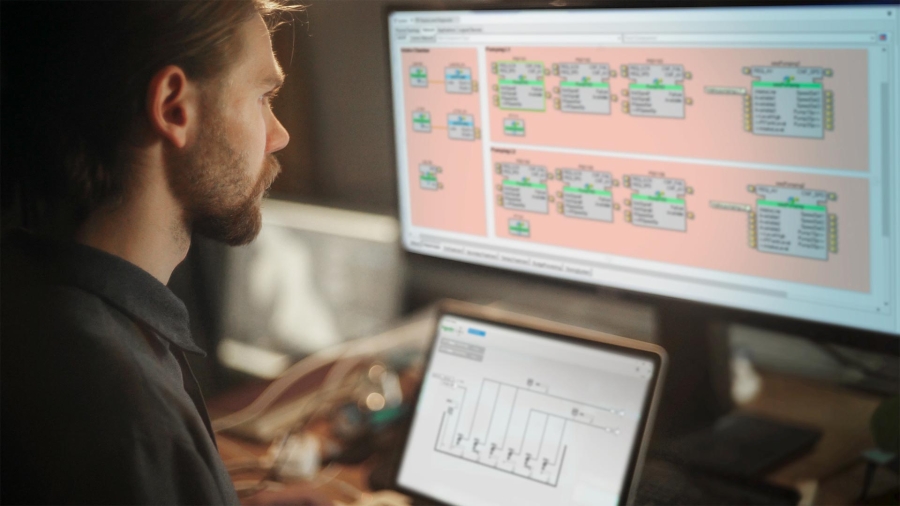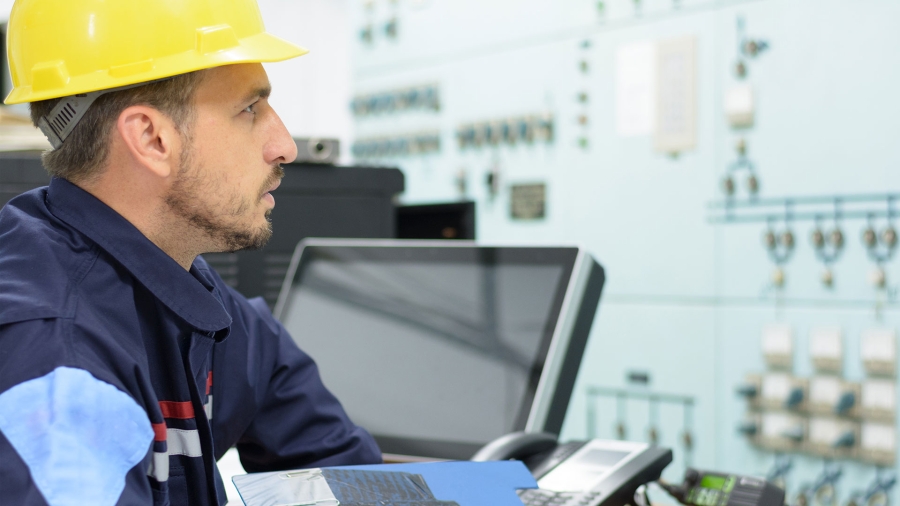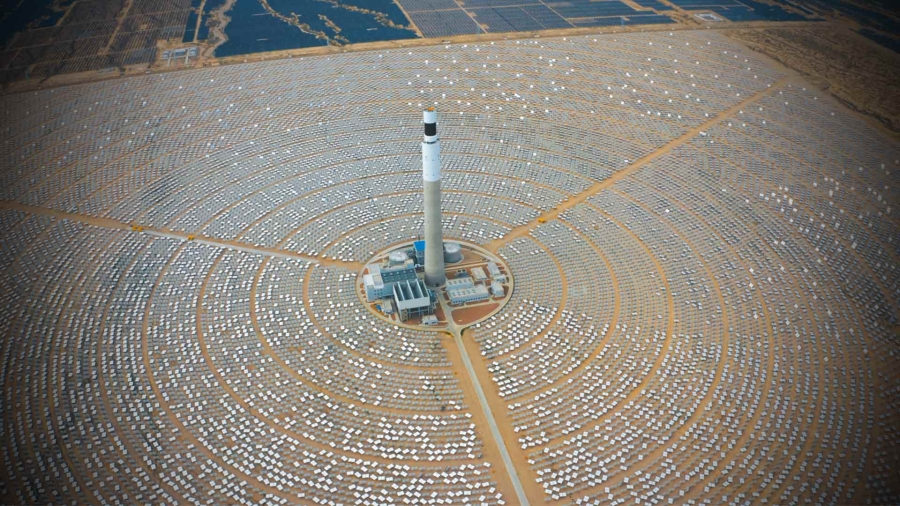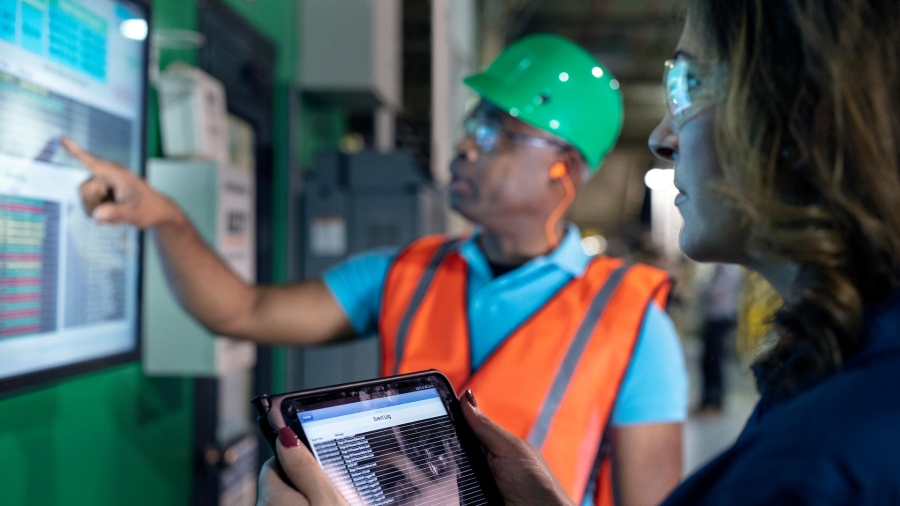As many eagerly await the return of Keanu Reeves as Neo in the upcoming "The Matrix: Resurrections", the fan chatter’s exploded with theories on whether the original Terminator series had any influence on the franchise. My thoughts, however, raced into a completely different direction. The dystopian future created by those great filmmaking minds – an evil combination of AI and machines taking over humanity – could never be possible in the siloed reality of industrial automation we have today. Pure and simple, we are not even close.
The vision of machines plotting, collaborating and evolving with ease is still the opposite of what the reality has to offer. When it comes to industrial automation, industry and manufacturing at large, these sectors are hindered by vendor lock-in, fused software and incompatible hardware. Interoperability is a distant dream, with organisations being forced to align with a single vendor and compromise on the best industrial solutions to serve their customers.
This whitepaper was first published by Forbes on November 25, 2021. Click to read the full article.



